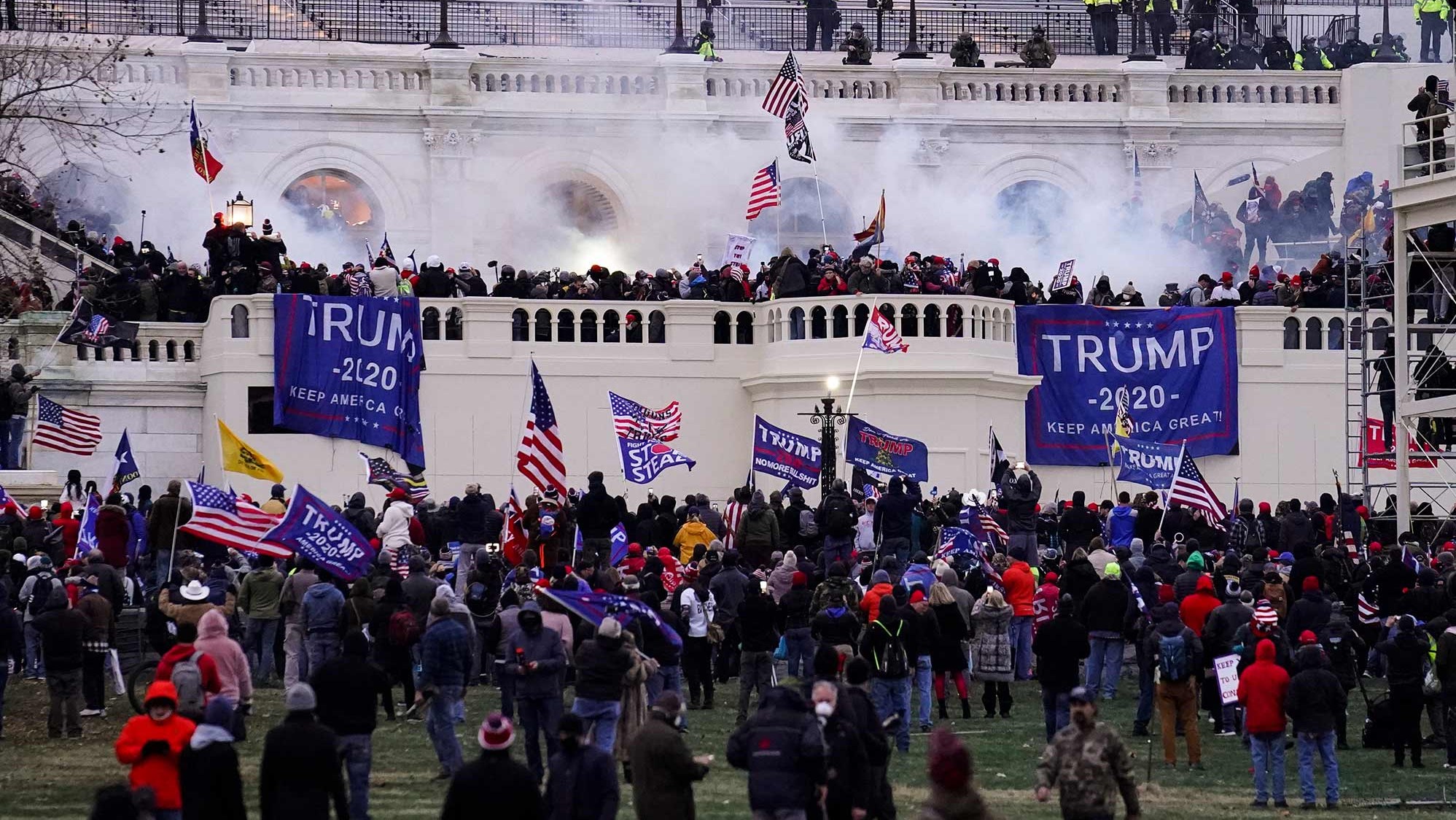In a landmark ruling, a federal judge authorized the U.S. government to refund over $2,000 in restitution paid by a January 6 Capitol riot defendant whose felony conviction was vacated following a presidential pardon.
This decision marks the first instance where a pardoned rioter has successfully reclaimed court-ordered restitution, setting a significant legal precedent.
Background of the Case
Yvonne St. Cyr, an Idaho resident, was convicted for her involvement in the January 6, 2021, attack on the U.S. Capitol.
She was sentenced to 30 months in prison and ordered to pay $2,000 in restitution, along with a $270 penalty.
However, on January 20, 2025, President Donald Trump issued a blanket pardon to nearly all individuals convicted in connection with the Capitol riot.
As a result, St. Cyr’s conviction was vacated.
Federal Judge’s Rationale for Restitution Refund
U.S. District Judge John Bates, who had presided over St. Cyr’s trial and sentencing, acknowledged his reluctance in making the decision but emphasized the importance of adhering to legal requirements.
He noted that while St. Cyr was not deemed innocent, the legal presumption of innocence following the dismissal of her case entitles her to the return of her restitution payment.
Judge Bates clarified that the court has the authority to approve such financial judgments, despite previous denials of similar requests.
Political and Legal Implications
The ruling has sparked debate among lawmakers and legal experts.
Some argue that refunding restitution payments to pardoned defendants could undermine the justice system and set a concerning precedent.
In contrast, others contend that the decision upholds the principle of fairness and the rights of individuals whose convictions were overturned.
The Department of Justice has indicated that it will comply with the court’s order and process the refund to St. Cyr.
However, the agency has also stated that it will continue to oppose similar refund requests from other pardoned defendants, citing concerns about the broader implications of such actions.
January 6 Defendant Benefits from Trump’s Tenure
The decision to refund restitution to a pardoned January 6 defendant represents a significant development in the legal aftermath of the Capitol riot, following Trump returning to office.
While it underscores the complexities of the justice system in handling post-conviction matters, it also highlights the ongoing debates surrounding accountability, fairness, and the interpretation of legal precedents.




